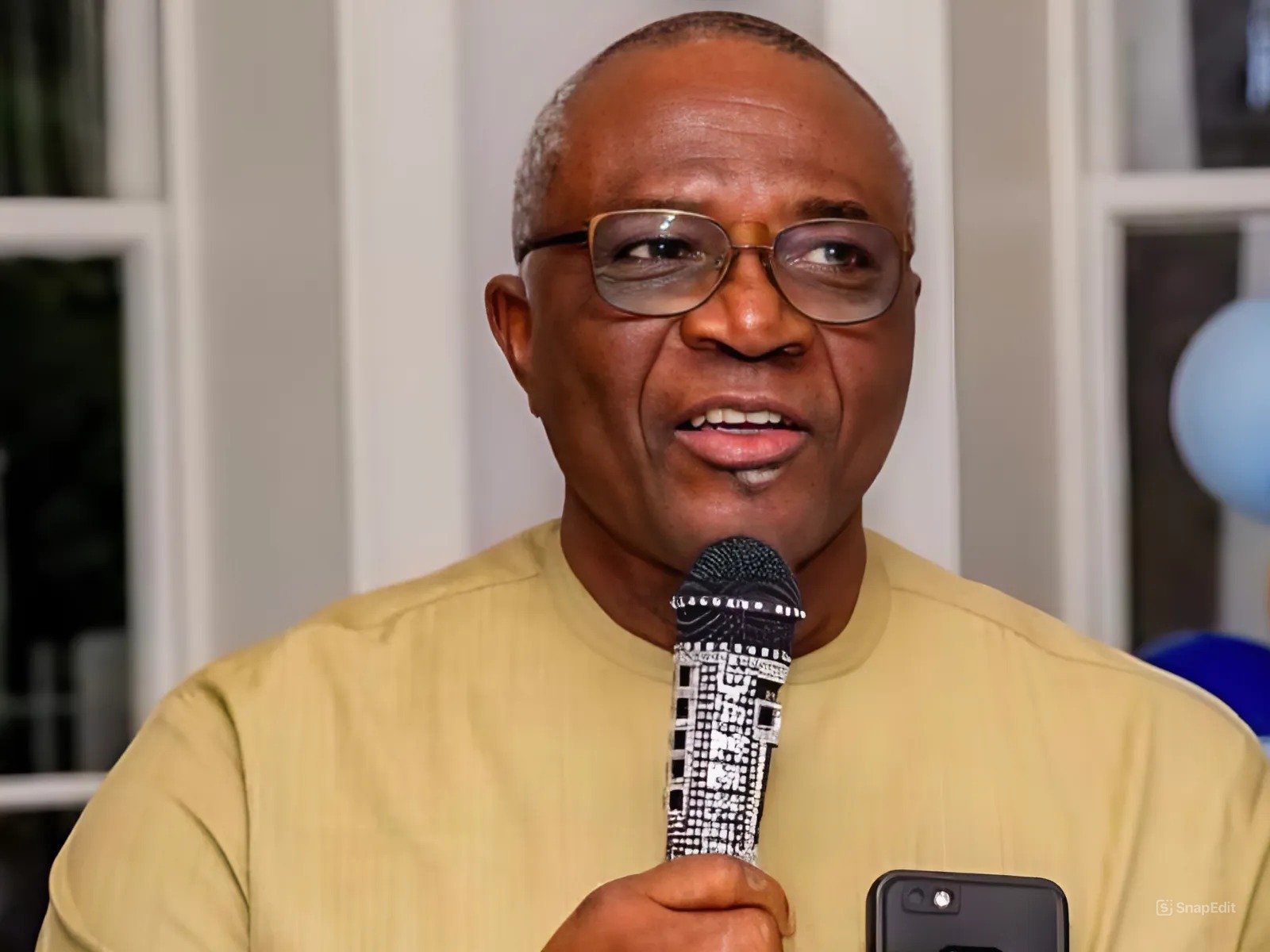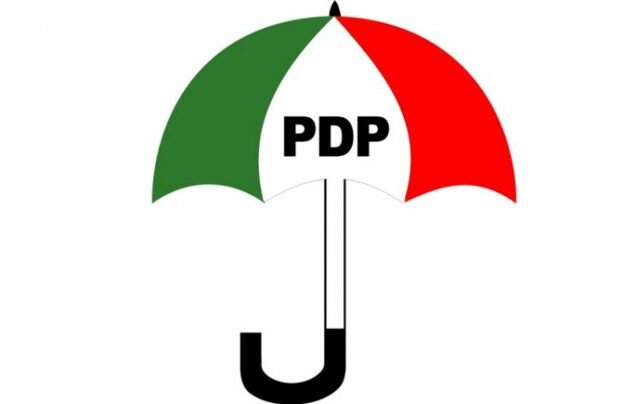The Presidency, has replied former Vice President Atiku Abubakar, who is advocating for gradual reforms rather than President Bola Tinubu’s direct approach.
It said Atiku’s economic ideas would have plunged the country into a worse situation.
“While advocating for gradual reforms may sound appealing, Tinubu took measures that should have been taken decades ago by Alhaji Abubakar and his boss [Olusegun Obasanjo] when they had the opportunity,” the President’s Special Adviser on Information and Strategy, Mr Bayo Onanuga, argued in a statement he signed Sunday.
The statement is titled, ‘Our initial response to Alhaji Atiku Abubakar.’
Onanuga was responding to Atiku’s tweet in which he described Tinubu’s reforms as “trial-and-error economic policies,” blaming the President for the “excruciating pain” Nigerians are suffering.
The 2023 presidential candidate of the Peoples Democratic Party also lamented that while he is not the president, his suggestions are “in the interest of Nigerians.”
Upon assuming office in May 2023, Tinubu discontinued the regime of fuel subsidy and unified the foreign exchange.
However, Nigerians have continued to feel the collateral impact of these and other economic reforms, including increased food prices, transport, fuel and other essentials.
In his tweet titled “What We Would Have Done Differently,” Atiku, a former Vice President who served alongside former President Olusegun Obasanjo from 1999 to 2007, outlined his recommendations for addressing issues such as insecurity and easing the effects of subsidy removal on the masses.
But the President faulted Atiku, saying, “It is easy to pontificate and deride a rival’s programmes even when there are irrefutable indices that the economic reforms yield positives despite the temporary difficulties.”
Onanuga wrote, “First, Alhaji Atiku’s ideas, which lacked details, were rejected by Nigerians in the 2023 poll. If he had won the election, we believe he would have plunged Nigeria into a worse situation or run a regime of cronyism.
“Abubakar lost the election partly because he vowed to sell the NNPC and other assets to his friends. Nigerians have not forgotten this, nor would they be comforted by Atiku’s antecedents when he ran the economy in the first term of President Olusegun Obasanjo’s government between 1999 and 2003.
“As vice president, Atiku supervised a questionable privatisation programme. He and his boss demonstrated a lack of faith in our educational system, and both went to establish their universities while they allowed ours to flounder.
“Despite the futile attempt to hoodwink Nigerians again in his statement, it is gratifying that the former Vice President could not repudiate the economic reforms pursued by the Tinubu administration because they are the right things to do.”
The Presidency argued that Atiku’s advocacy for a gradualist approach only showed that he was not in tune with the enormity of problems inherited by President Tinubu.
“It is so easy to paint a flowery to-do list. It is expected of an election loser.
“President Tinubu met a country facing several grave challenges.
“Fuel subsidies were siphoning away enormous resources we could ill afford, and there was criminal arbitrage in the forex market,” the statement read.
It said no leader worth his name would allow dysfunctional fuel subsidies and arbitrage to persist without ending them surgically.
“Alhaji Abubakar calls for empathy and a human face to reforms. We have no problem with this as it resonates well with our administration’s focus.
“President Tinubu has consistently emphasised the need for compassion and protection of the most vulnerable.
“The administration has prioritised social safety nets and targeted support for those affected by recent economic transitions,” the statement concluded.







